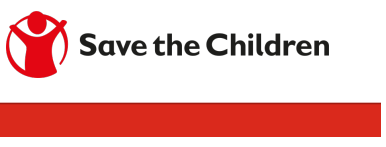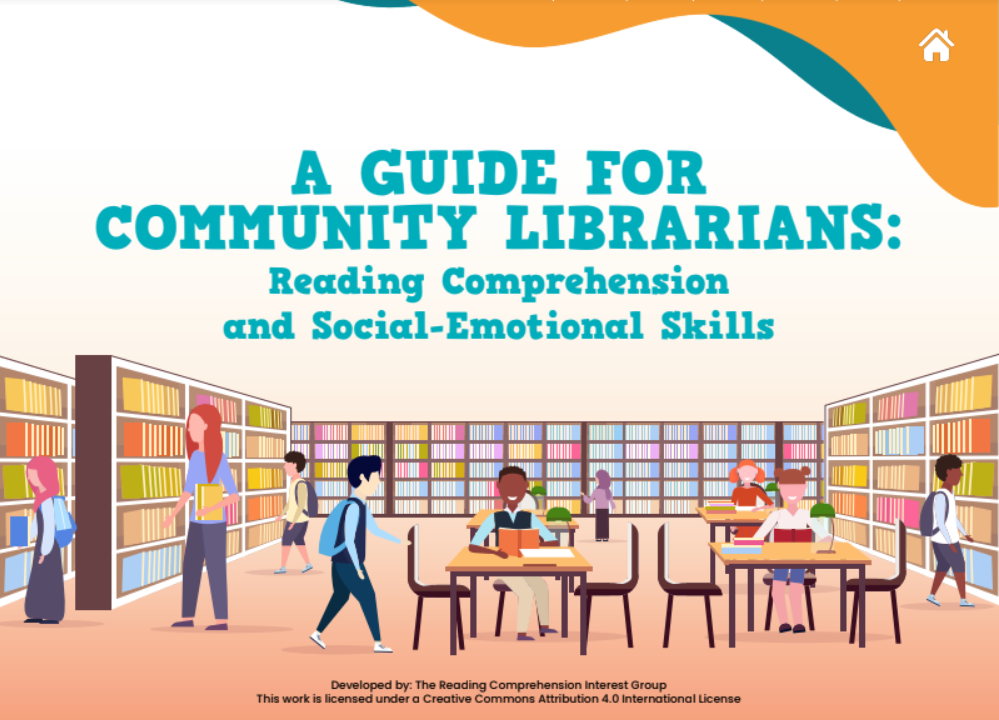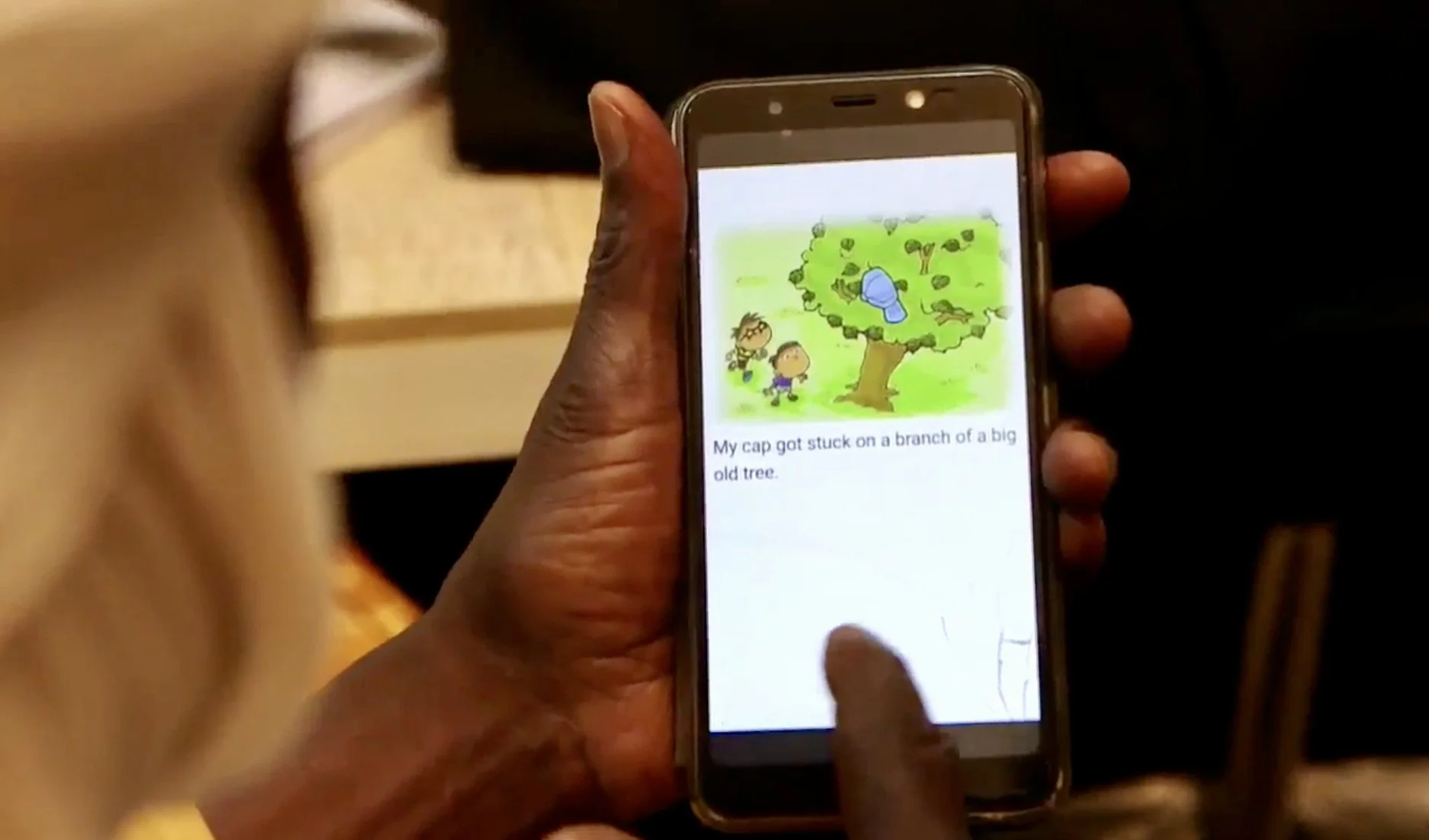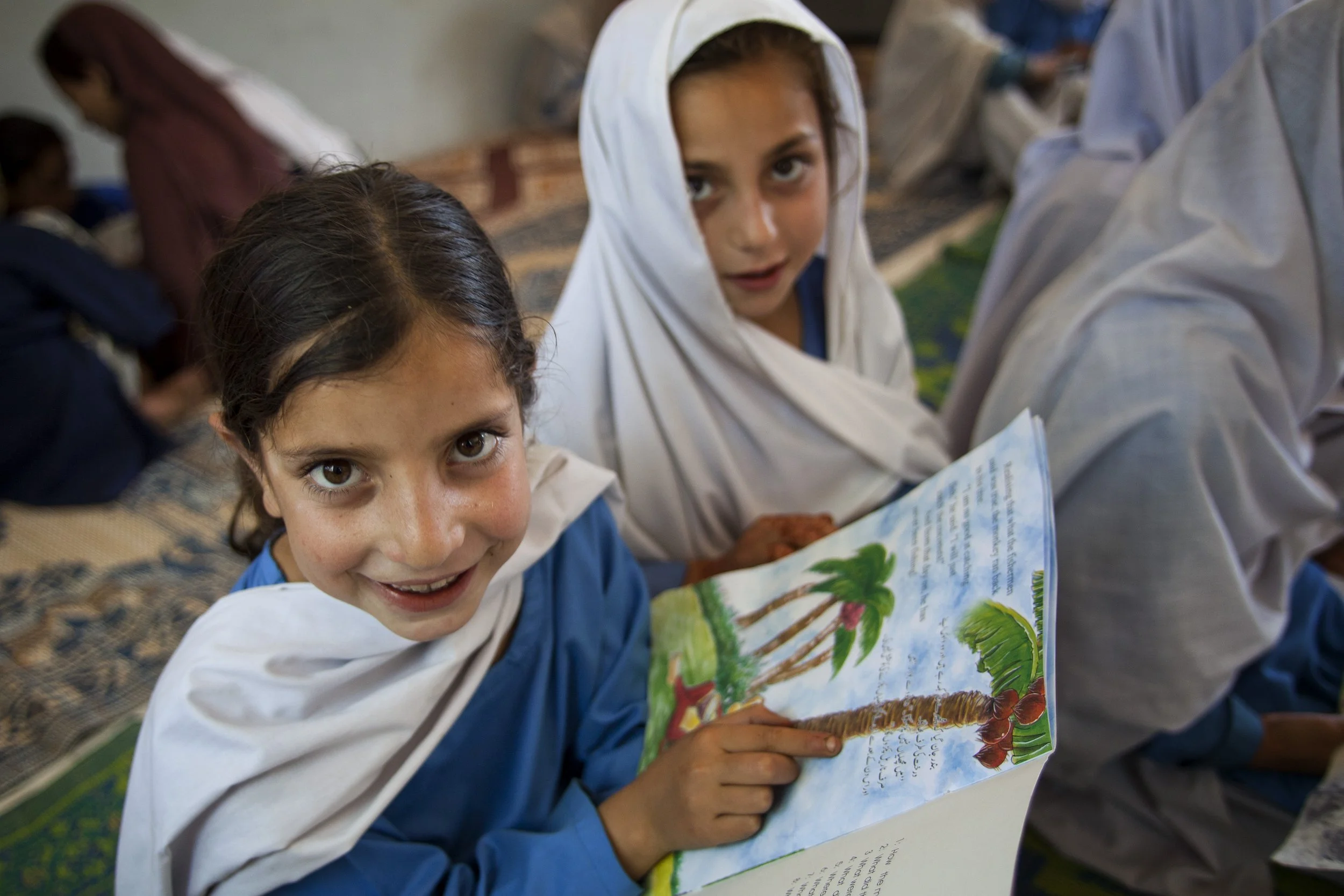The GBA collects research and guidance on the crucial role of books for developing and maintaining literacy. The collection is growing. If you have pertinent documents, tools, and other resources to contribute, please submit to admin@globalbookalliance.org.
Search the Collection
In Rwanda, Save the Children collaborated with education ministries, publishing industry stakeholders, schools, book sellers and libraries in order to strengthen existing systems and increase output and availability of quality local language children’s books. This ‘whole chain’ approach addresses every step of a book’s journey from authorship to child and emphasizes the need for sustainable, profitable industries which will guarantee availability of local-language, contextually relevant reading materials to support a culture of reading in the long term.
Developed by the Reading Comprehension Interest Group, this innovative guide is crafted to address the crucial need for enhancing children's engagement in reading and Social Emotional Learning (SEL) practices. It serves as a comprehensive toolkit aimed at empowering teachers, librarians, and community leaders to foster literacy and SEL skills in children through the nurturing environment of community libraries.
The Nigeria Book Supply Chain Analysis was commissioned to inform the work of the GBA as well as that of USAID Nigeria, the Nigeria Federal Ministry of Education, and other key development partners. The analysis was conducted in 2022 and focuses on the states of Adamawa, Sokoto, and Ebonyi and the cities of Ibadan and Abuja. The Nigeria SCA Addendum presents Market Analysis Book Survey (MABS) and Market Analysis Focus Group Discussion (MAFGD) reports that probe deeper into the status of essential reading books in the Nigerian education system.
The Grenada Book Supply Chain Analysis was commissioned to inform the work of the GBA as well as that of USAID/Eastern and Southern Caribbean, the Grenada Ministry of Education, Youth, Sports and Culture, and other key development partners. The analysis was conducted in 2022.
The Dominica Book Supply Chain Analysis was commissioned to inform the work of the GBA as well as that of USAID/Eastern and Southern Caribbean, the Dominica Ministry of Education, and other key development partners. The analysis was conducted in 2022.
The Dominica Book Supply Chain Analysis was commissioned to inform the work of the GBA as well as that of USAID/Eastern and Southern Caribbean, the Dominica Ministry of Education, and other key development partners. The analysis was conducted in 2022.
The Zambia Book Supply Chain Analysis was commissioned to inform the work of the GBA as well as that of the Zambian Ministry of General Education, USAID/Zambia, and other key development partners in the country. A team of GBAIA researchers conducted the SCA from July 2020 through August 2020.
The Malawi Book Supply Chain Analysis was commissioned to inform the work of the GBA as well as that of USAID/Malawi; the Malawian Ministry of Education, Science, and Technology; and other key development partners in the country. The analysis was conducted from October 2019 through January 2020.
The Jordan Book Supply Chain Analysis was commissioned to inform the work of the GBA as well as that of USAID/Jordan; the Jordanian Ministry of Education. and other key development partners in the country. The analysis was conducted in 2020, and is available in English and Arabic.
The Cambodia Book Supply Chain Analysis was commissioned to inform the work of the GBA as well as that of USAID/Cambodia, the Cambodian Ministry of Education, Youth and Sports, and other key development partners. The analysis was conducted in 2020, and is available in English and Khmer.
In Rwanda, Save the Children collaborated with Education and Culture Ministries, publishing industry stakeholders, schools, book sellers and libraries in order to strengthen existing systems and increase output and availability of quality local language children’s books. This ‘whole chain’ approach addresses every step of a book’s journey from authorship to child and emphasizes the need for sustainable, profitable industries which will guarantee availability of local-language, contextually relevant reading materials to support a culture of reading in the long term.
This study records and examines the broad variety of opinions from children about their reading preferences. Children have a myriad of opinions and personal, unique lives as well as external factors that shape them and influence their preferences. This study aims to explore those variables, understand the assumptions around them, listen attentively to children, and provide some recommendations to Save the Children for its operational approach to improving literacy outcomes in Rwanda.
This resource outlines learning poverty before and during the COVID-19 pandemic, and shows how COVID-driven school disruptions exacerbated a severe pre-pandemic learning crisis. The RAPID framework provides recommendations for countries to use to recover and accelerate learning.
In Africa, governments’ recognition of the book sector is limited to implementation of the school curriculum, hence the focus on textbook-specific policies. Lack of all-inclusive enabling policies continues to impede the growth of Africa’s book industry – its competitiveness in the world market and capacity to adequately fulfill the desirable educational, cultural and social needs of the continent.
This report recommends that since technology will not replace reading in the near future, it is imperative to use the technology to enhance it. Reading on paper will always remain important and enjoyable and this means that the printed book will never lose its value and importance. It is fundamental that parents, teachers and other stakeholders come together to cultivate and nurture a love of reading especially among children and assist in making reading a lifetime habit





























